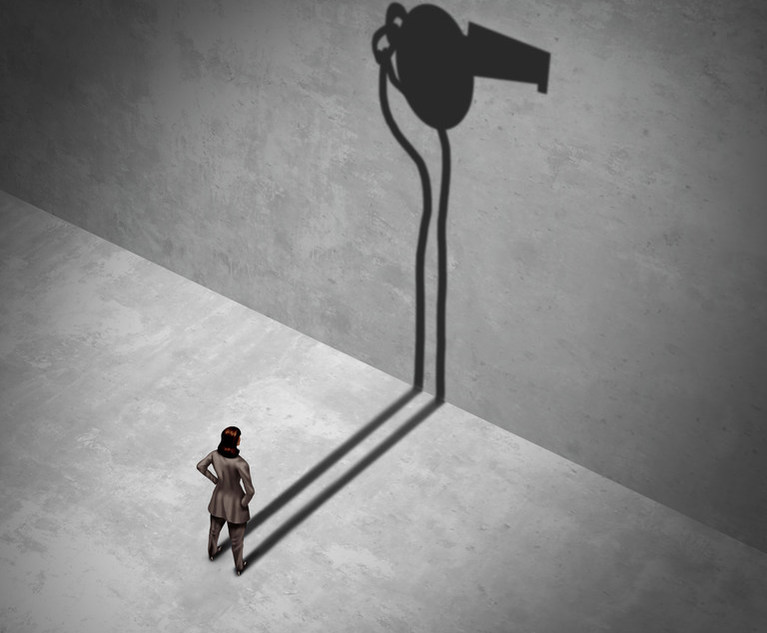The U.S. Department of Justice has long incentivized companies in white collar cases to help prosecute their own executives—a marriage of the government’s power to bring corporate criminal charges with policies that reward self-disclosure and cooperation. In a series of recent announcements and corporate resolutions, DOJ has doubled down on these policies, detailing its expectations for how companies should cooperate.
But as executives prosecuted with their employers’ cooperation seek new ways to fight back, the resulting court decisions may offer a cautionary tale for companies, the government, and their counsel. Individual defendants in three recent district court cases have sought to turn the policies against the government—and against cooperating companies and their lawyers—arguing that DOJ’s reliance on the fruits of corporate internal investigations violates their rights against self-incrimination, to exculpatory evidence, and to conflict-free counsel.
This content has been archived. It is available through our partners, LexisNexis® and Bloomberg Law.
To view this content, please continue to their sites.
Not a Lexis Subscriber?
Subscribe Now
Not a Bloomberg Law Subscriber?
Subscribe Now
LexisNexis® and Bloomberg Law are third party online distributors of the broad collection of current and archived versions of ALM's legal news publications. LexisNexis® and Bloomberg Law customers are able to access and use ALM's content, including content from the National Law Journal, The American Lawyer, Legaltech News, The New York Law Journal, and Corporate Counsel, as well as other sources of legal information.
For questions call 1-877-256-2472 or contact us at [email protected]







